Master of Science in Agronomy
2025-09-25 9:09Master of Science in Agronomy
Master of Science
in Agronomy
Course Duration : 2 Years
MSc in Agronomy Course Details & Duration
Overview of MSc Agronomy
MSc Agronomy at Alpine College, Dehradun is a 2-year postgraduate program that focuses on advanced crop production techniques, sustainable farming practices, soil fertility management, and agricultural productivity enhancement. The course is ideal for students aspiring to build successful careers in agriculture research, agri-business, government advisory roles, and environmental sustainability.
At Alpine, the program blends classroom instruction with fieldwork, lab research, and industry exposure, equipping students with the knowledge and practical skills to meet the growing challenges in modern agriculture.
About this Course
Our M.Sc. Agronomy program offers a dynamic learning environment focused on crop production, soil management, and sustainable agriculture. Led by renowned faculty, students engage in cutting-edge research and hands-on fieldwork. With flexible curriculum options and access to state-of-the-art facilities, students are equipped to become leaders in agronomy, driving innovation and sustainability in agriculture. Join us and be part of the transformation of agriculture towards a more sustainable future.
Course Highlights
M.Sc. Agronomy Course Details
MSc Agronomy Syllabus at Alpine College
The curriculum is designed according to ICAR and UGC guidelines, covering both foundational and applied aspects of agronomy to meet academic and industry standards.
Semester-wise Breakdown:
Semester 1:
- Principles of Agronomy
- Soil Fertility and Nutrient Management
- Agro-meteorology and Climate Change
- Practical Field Studies
Semester 2:
- Crop Production Systems
- Irrigation Water Management
- Weed Science
- Lab and Field Experiments
Semester 3:
- Sustainable Agriculture and Natural Resource Management
- Farming Systems and Agricultural Planning
- Research Methodology
- Minor Project
Semester 4:
- Advanced Crop Physiology
- Dissertation / Research Thesis
- Seminar & Viva Voce
🌾 Alpine College offers extensive field exposure, soil testing labs, and access to local agri-research centers for real-world learning.
Eligibility Criteria for MSc Agronomy at Alpine College
To apply for MSc Agronomy at Alpine College, applicants must fulfill the following:
- Academic Qualification: B.Sc. in Agriculture or a related stream such as Horticulture, Forestry, or Agri-Biotechnology.
- Minimum Marks Required: 50% (Relaxation applicable for SC/ST candidates as per government norms)
- Entrance Exam: Not mandatory. Direct admission available.
Direct Admission at Alpine College, Dehradun
Alpine College offers direct admission into the MSc Agronomy program for eligible students without the need for an entrance exam.
Admission Process:
- Apply Online/Offline through the official Alpine College website or by visiting the campus.
- Document Submission: UG degree, mark sheets, ID proof, passport-size photos.
- Counseling/Interaction (if applicable)
- Seat Confirmation via token fee payment
✅ No entrance test required. Admission is granted based on merit and availability of seats.
Graduates from Alpine College’s MSc Agronomy program are in demand across sectors like government agriculture departments, agro-industries, seed & fertilizer companies, research institutions, and NGOs.
Job Roles After MSc Agronomy:
- Agronomist
- Farm Manager
- Agricultural Officer
- Soil Scientist
- Crop Production Specialist
- Research Associate
- Agriculture Lecturer / Academic
Recruiters & Placement Partners:
- Indian Council of Agricultural Research (ICAR)
- NABARD
- IFFCO
- Krishi Vigyan Kendras (KVKs)
- State Agriculture Departments
- Private agro-based industries and seed companies
Alpine College has an active placement cell that helps students secure internships and job placements through campus drives and industry networking.
Fees for MSc Agronomy at Alpine College
The fee structure for MSc Agronomy at Alpine College is affordable and value-driven, especially considering the practical training, field exposure, and placement support provided.
💰 Interested in fee structure, scholarships, or payment plans for MSc Agronomy?
👉 Click here to receive personalized fee details & expert admission support! (CTA or lead form button)
Some of the Popular Career Paths Include

Life of a
Student in Agronomy
Specialize your knowledge in cultivating pharmaceutical crops. In this Master's program, you'll learn the art and science of optimizing plant growth for medicinal purposes, contributing to the sustainable production of pharmaceutical ingredients. Your journey is a fusion of agricultural expertise and pharmaceutical innovation.
Download Brochure
Why Choose Alpine College, Dehradun?
UGC & Govt.-recognized programs
Dedicated agri-research labs and field-testing infrastructure
Faculty with expertise in agronomy and agri-sciences
MoUs with agricultural institutions and rural development NGOs
Hostel and campus facilities in the scenic Doon Valley
Guaranteed placement assistance through career development programs
Our Proud Alumni

Animesh Banerjee

Jameson

Mritunjay Chaudhary

Lakshmi S. Nath

Pasan Pavan Kalyan

Rahul Jaiswal

Shivam Kumar

Yadhika Ghatani

Praveen Kumar Thakur

Shaswat Deep

Ritik Kumar
Photo Library
Crafting careers, fueling dreams. Where learning meets adventure, everyday.





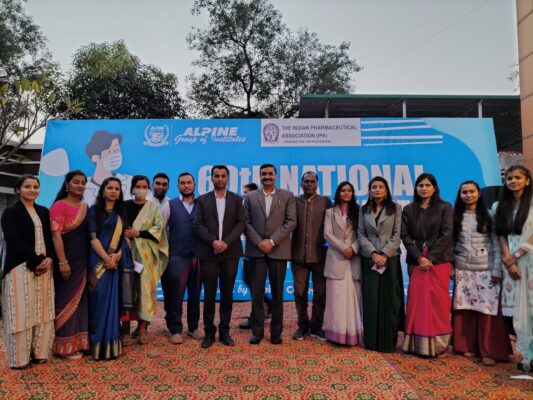
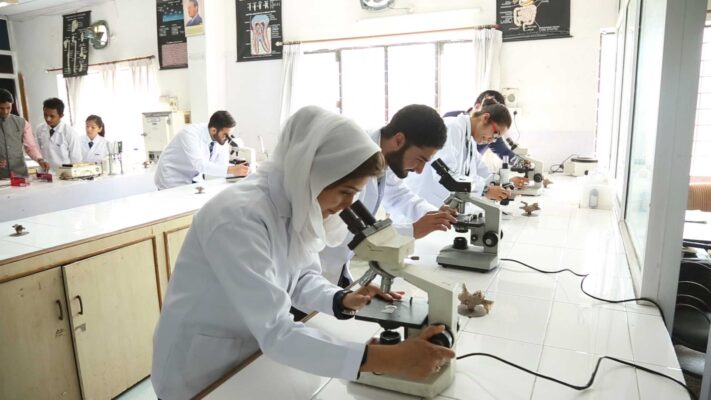
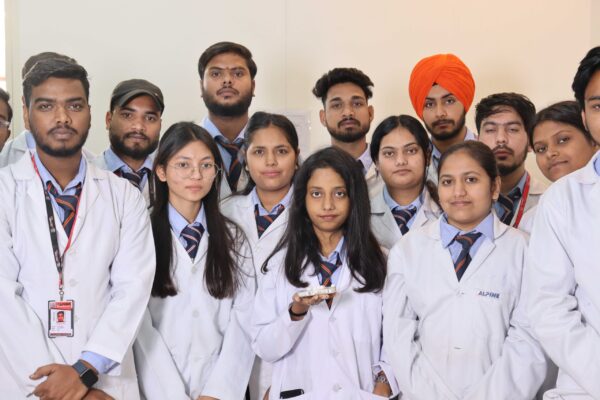
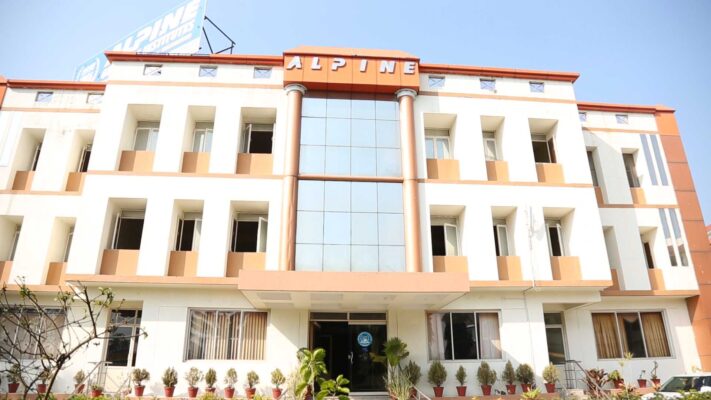

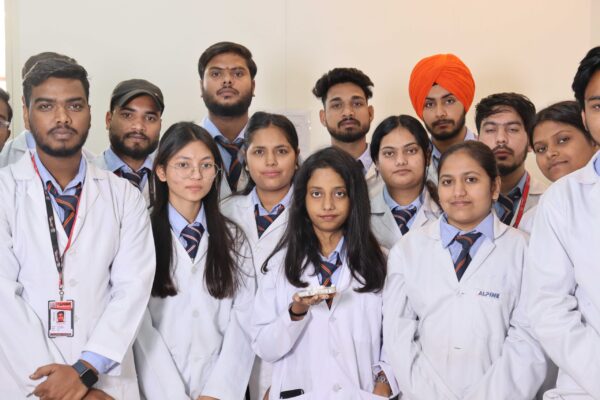

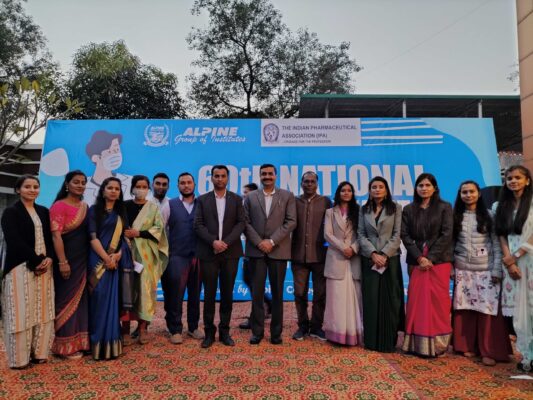

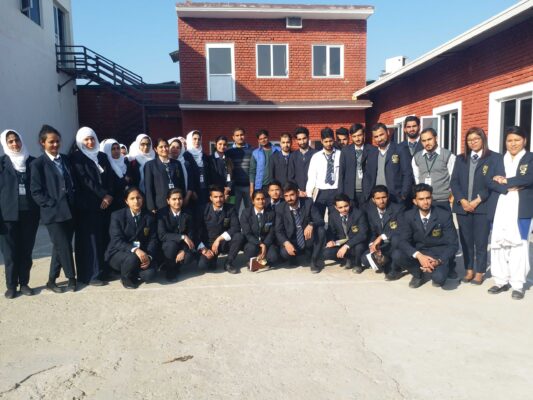
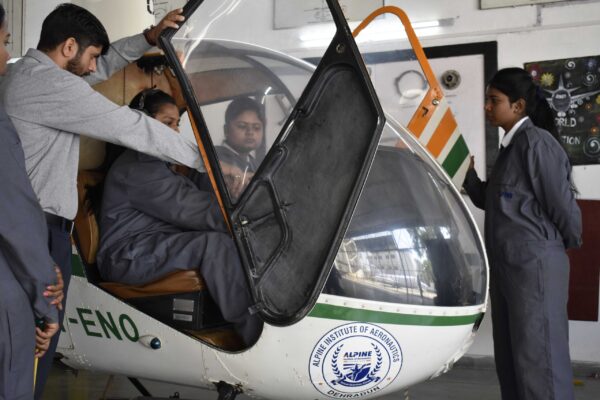
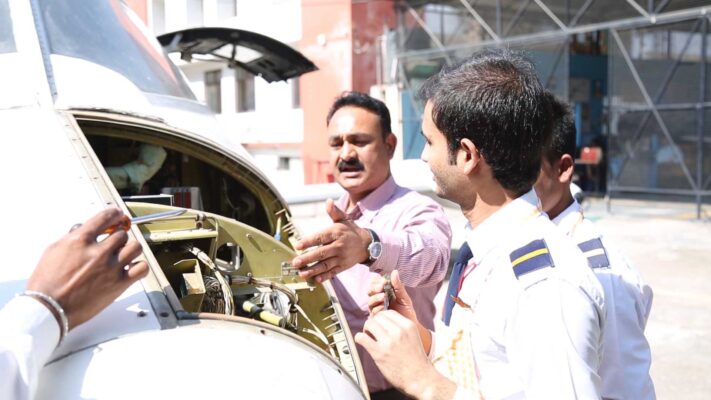
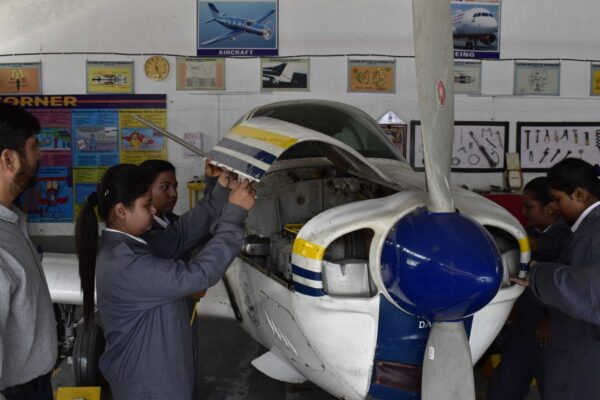
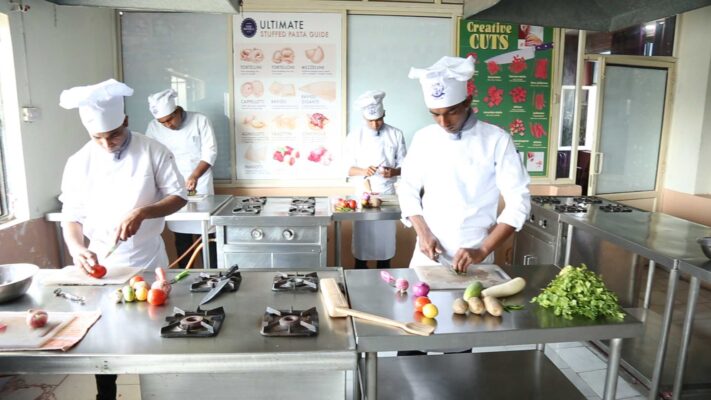
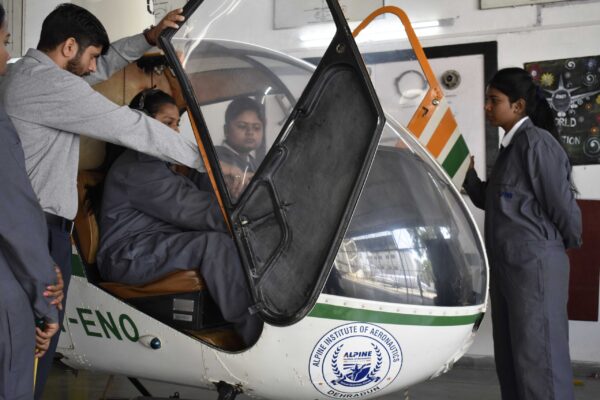

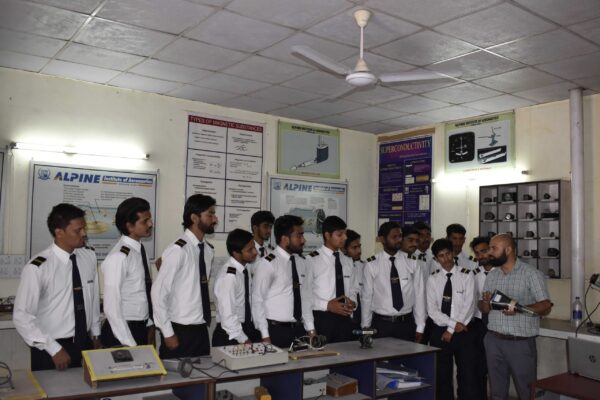
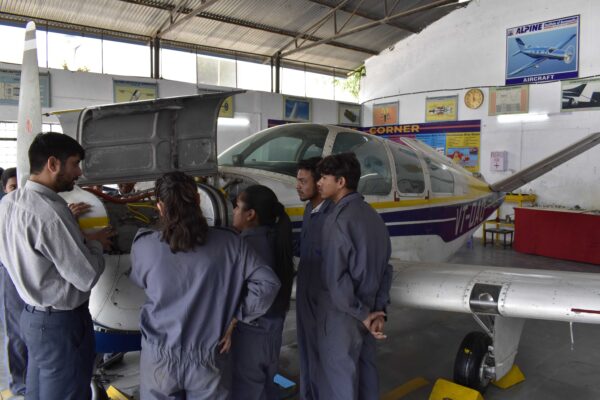


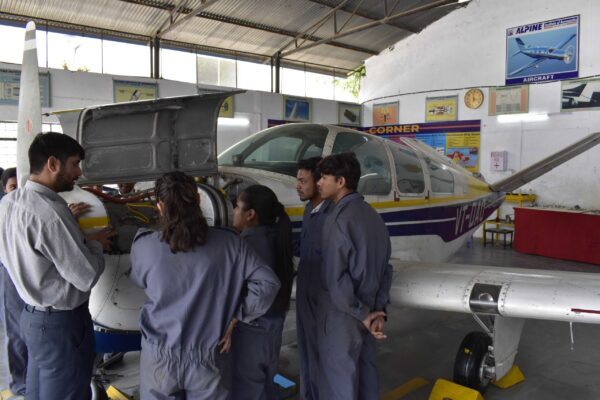
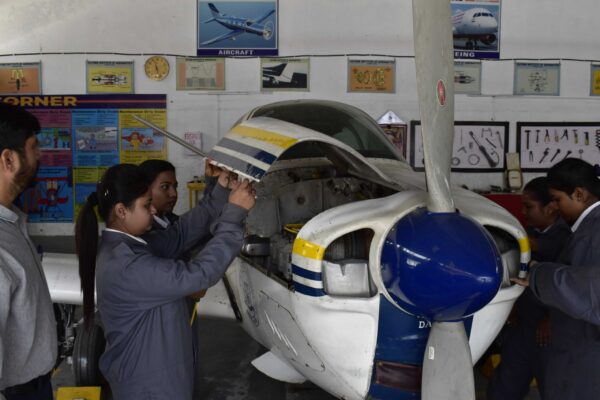



Frequently Asked Questions
Agronomy, as a specialized field within agricultural science, focuses on crop production and soil management. A Master degree in Agronomy opens up a wide range of career opportunities in the agricultural sector. Here are some potential career prospects for individuals with a M.Sc. in Agronomy like-
Crop Agronomist, Extension Specialist,Seed Production Manager,Research Scientist, Agribusiness Manager, Crop Consultant, Environmental Consultant, Entrepreneurship, Crop Production Specialist, Lab Technician, Agriculture Officer, Sales Executives in Pest & Fertilizers Company, KVKs, ICAR projects, startups, etc.
Other than graduates with a M.Sc. in Agronomy may find employment opportunities in government departments or agencies responsible for agriculture, natural resources, or environmental protection. They may work in regulatory enforcement, agricultural research, policy development and extension services. Students may also opt to pursue academic careers in universities and colleges. They may work as lecturers, professors, or researchers, teaching courses in agronomy, crop science, soil management, or related fields.
A Master degree in Agronomy can offer many benefits, both professionally and personally. Here are some of the advantages one can expect:
– A master’s degree program into the field of agronomy, providing you with advanced knowledge and understanding of soil management, plant sciences, crop production, and other related areas.
– With a master’s degree in agronomy, you may qualify for higher-level positions within the agriculture sector. These can include roles such as agronomist, crop consultant, research scientist, extension officer, farm manager, etc.
– Through your education and work in agronomy, you’ll be equipped to contribute to sustainable agricultural practices, crop improvement, soil conservation, and food security. Making a positive impact in these areas can be personally fulfilling and contribute to global efforts to address pressing agricultural challenges.
– Generally, individuals with advanced degrees tend to command higher salaries compared to those with undergraduate degrees or diplomas. With an M.Sc. in Agronomy, you may qualify for higher-paying positions due to your specialized knowledge and expertise.
The specific requirements for admission to a Master of Science (M.Sc.) program in Agronomy can vary depending on the university or institution offering the program. The main requirements for being a student of M.Sc. Agronomy in Dehradun Colleges are:
Bachelor’s Degree: Typically, applicants are required to have a bachelor’s degree in a related field such as agronomy, agriculture, soil science.
Academic Background: Usually required, with a minimum GPA (Grade Point Average) requirement set by the institution. This GPA threshold may vary depending on the competitiveness of the program.
Additionally, meeting the minimum requirements does not guarantee admission and selection is often based on a holistic evaluation of the applicant’s qualifications and potential for success in the program. Top of Form
A Master of Science (M.Sc.) program in Agronomy typically covers many areas related to crop production, soil management, plant physiology, genetics, and sustainable agriculture practices. Here are some of the key areas that are commonly covered in M.Sc. Agronomy programs:
Crop Science and Crop Protection: This includes the study of various crops, their growth and development, cultivation practices, crop physiology, and factors influencing crop yield and quality.
Soil Science: Soil is a fundamental component of agronomy, and students learn about soil properties, classification, fertility, and management.
Agricultural Economics and Farm Management: Understanding economic principles related to agriculture is important for making informed decisions about crop production and management practices.
Plant Physiology and Genetics: Understanding the physiological processes of plants and their genetic basis is essential for optimizing crop production.
Research Methods and Data Analysis: M.Sc. programs often include coursework in research methodologies, experimental design, and statistical analysis.
Specialized Elective Courses: Depending on the program and the student’s interests, there may be opportunities to take elective courses in specialized areas such as precision agriculture, organic farming, biotechnology in agriculture, agribusiness management, or sustainable food systems.




